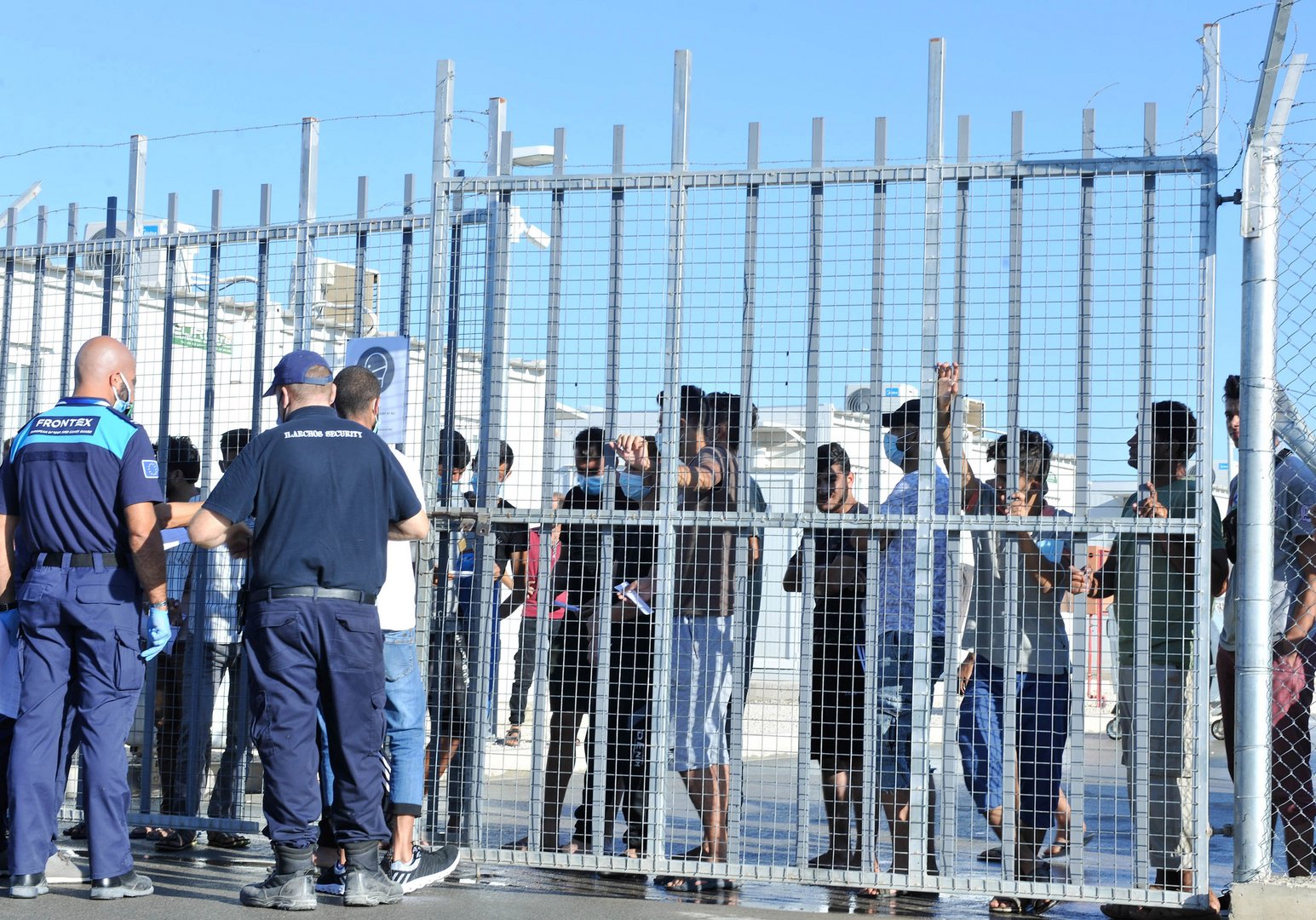Increasing migratory flows into Cyprus require comprehensive management of the asylum system in line with international laws and norms to implement fast and fair asylum procedures, the UNHCR representative in Cyprus said on Friday.
Cyprus is one of Europe’s frontline states in terms of migratory pressures, Katja Saha told the Cyprus News Agency.
Speaking about the Pournara reception centre, she said the situation facing some 280 unaccompanied minors there remains of concern.
She said the UNHCR has a physical presence in the camp to inform the authorities of the difficulties arising daily and to assist in finding solutions.
It also donates emergency relief items to the authorities including blankets, family tents, refugee housing units, camp beds, heaters, water boilers and benches.
According to Saha, UNHCR has employed a camp management expert since November to propose solutions for the improvement of infrastructure and workflows to increase the efficiency and speed of the processing of asylum seekers in the in camp. UNHCR also recommends that emergency preparedness plans are adopted for a possible sudden influx, while longer term improvements are pursued in Pournara.
“The living conditions of asylum seekers at Pournara have deteriorated over the last years due to over crowdedness. Since the onset of the Covid-19 pandemic, the camp has received all newly arrived asylum-seekers and has been operating as a long-term reception facility. Today it hosts some 2,300 people while its current maximum capacity is of 1,000 persons,” she said.
Around 500 reside in prefabricated shelters with access to electricity and heating while others are accommodated in either tents or semi hard plastic structures without access to electricity and proper hygiene facilities.
Saha added that a recent notable improvement is that no person is currently sleeping on the floor, following UNHCR’s donation of camp beds. Also, there are no longer people waiting outside the centre to be admitted, in particularly precarious conditions.
Regarding the children, a safe area for those who are alone is also too small to meet current needs. The capacity of the formal safe zone, Saha said, which should be ready in the coming weeks, is only for 80 children. Only three guardians are in charge of them, and significant delays occur in releasing children from the camp as authorities are looking into alternative accommodation for them, Saha said.
While in the camp, children do not have access to education, adding that the UNHCR supports the efforts of the Deputy Ministry of Social Welfare to find interim solutions such as placing them in hostels in cities with access to services until other permanent solutions are identified.
Saha said that women and families also reside in separate sections within the camp to avert risks of sexual and gender- based violence. Yet, several complaints of sexual harassment are reported by residents each month.
She said that UNHCR acknowledges that Cyprus is one of Europe’s frontline states that faces increasing migratory pressures in need of both increased solidarity from other EU members states and effective domestic migration management measures.
“From January to November 2021, 11,939 new asylum applications were lodged. Overall, over 20,000 persons’ applications for international protection were pending at the end of 2021. A comprehensive management of the asylum system in line with the international laws and norms would call for the implementation of fast and fair asylum procedures”, she said.
Saha pointed out that to address the current complex situation is it important to establish a coordination mechanism that brings together all stakeholders, including governmental services, NGOs who provide services to asylum seekers and UN agencies. “Inclusive processes will result in more comprehensive solutions,” she said.
Head of the Commission’s office in Cyprus also said that the lack of integration policy and programmes has already let to conflicts and unrest in Chlorakas. She noted that it is crucial to invest in integration to avoid ghettoisation and to ensure social cohesion.
As regards the Limnes Centre Saha said that it has not yet received EU funding as it does not meet the minimum EU standards. She said that due to the overpopulation at Pournara the authorities decided to commence registration of asylum applicants at the multipurpose centre in Limnes to ensure access to the asylum procedures of all COVID infected/or close contacts of infected persons. Meanwhile, attempts have been underway to improve the infrastructure and bring the standards to the minimum that are required by EU legislation on reception camps.







Click here to change your cookie preferences